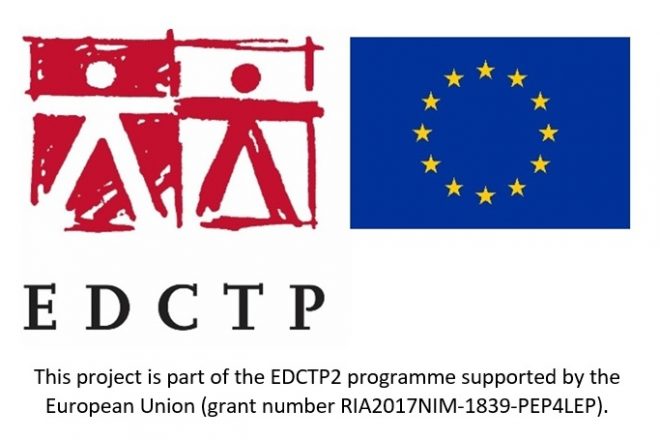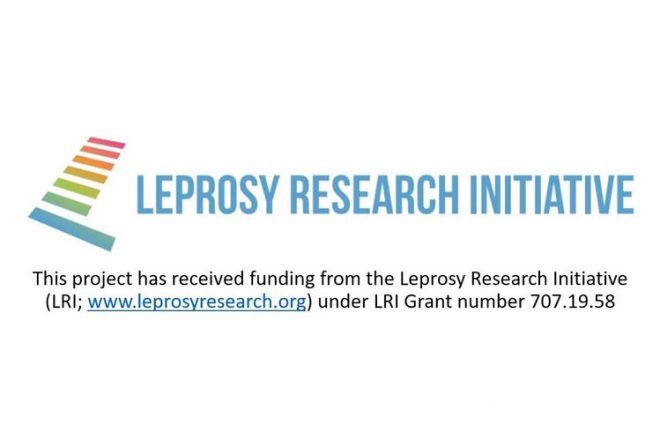Newsletter PEP4LEP – October 2020
The past months, I have been in close contact with person’s affected by Hansen’s/ leprosy and other NTDs. They are being especially harmed by the current global health crisis, the COVID-19 pandemic. Their problems are ranging from a lack of: food, clean water, fuel for cooking and basic income. Unfortunately, there is also a shortage of preventive materials (like face masks and hand soap) for this vulnerable group, which is very crucial when trying to prevent COVID-19 from spreading. These shortages are caused by structural barriers, like transportation challenges, as most of the people affected live in remote areas that often lack accessible roads. Also, people often do not receive the information needed and they cannot register for assistance, because of inaccessible administrative services and illiteracy due to insufficient educational systems. To fight the existence of disadvantaged groups of people within countries, change is needed on a greater scale.
I am glad to be part of the PEP4LEP project and that we, as an international team, are not stopping in trying to bring a positive change for those most vulnerable, even at this perilous time of a global pandemic.
Lilibeth Nwakaego Evarestus (PEP4LEP ISSC member, attorney at law, representative of persons affected by Hansen/leprosy and human rights activist)
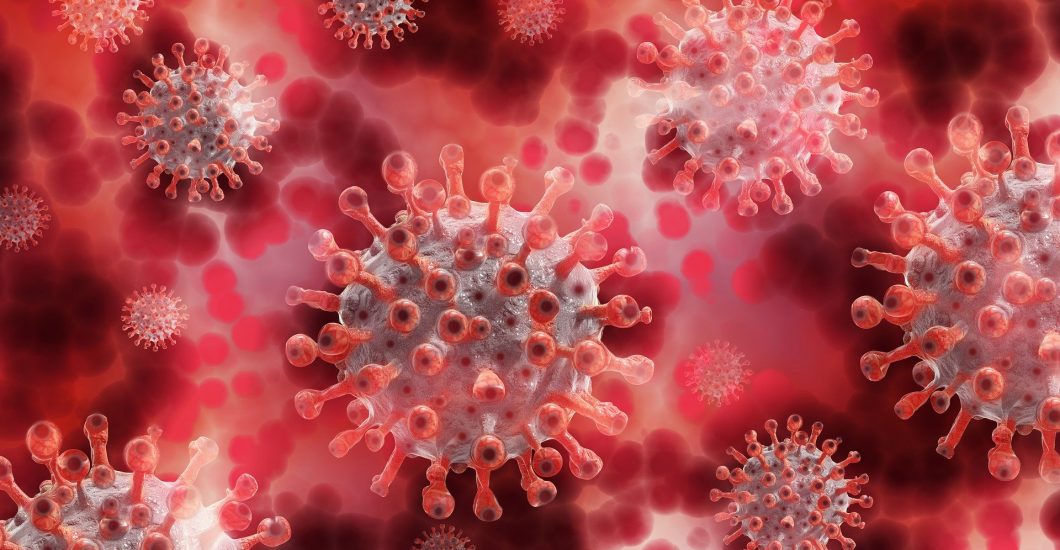
COVID-19
COVID-19 is affecting all aspects of our lives and we wish all who are confronted by it personally well. Measures to control the virus have an influence on our daily life as well as on our work on the PEP4LEP project. Unfortunately, many of the project activities had to be paused during the past half year. Inevitable delays are the result of this.
All project staff are working on out-of-the-box solutions to pick up the work, taking safety measures into account. As activities are slowly picking up on a small scale, we are trying to look ahead. The consortium developed a standard operational procedure (SOP) on PEP4LEP and COVID-19. This document gives guidance on proactive, preventative measures to make sure that all people participating in the PEP4LEP project are aware of the risks of exposure to COVID-19 and which steps to take to avoid those risks. The SOP is based on international best practices and should align with national measures.
In addition, the team at NLR in Amsterdam is in close contact with the project’s donors to discuss opportunities to extend the project duration. In due time, when we know the full impact of the pandemic, a new timeline and planning shall be established and proposed to our donors.
If any questions or concerns arise during the implementation of the PEP4LEP project, the team at NLR in Amsterdam can always be contacted to discuss risks and safety issues related to COVID-19 in essential field activities. The PEP4LEP consortium highly values the safety of all staff, persons affected by leprosy and their contacts, and makes this a key priority.
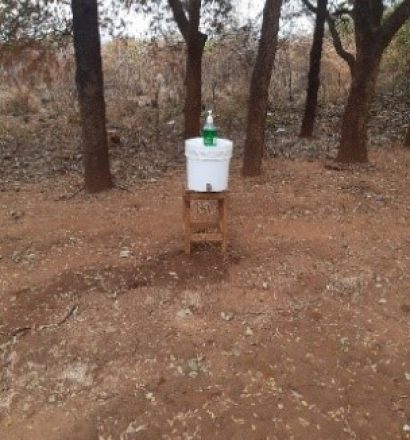
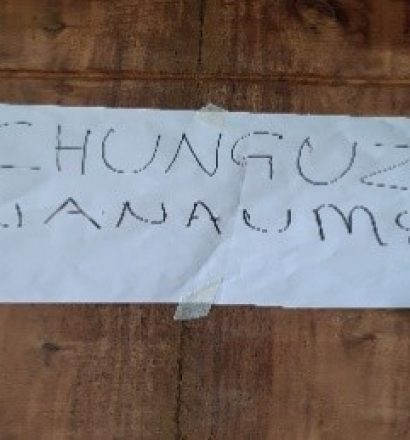
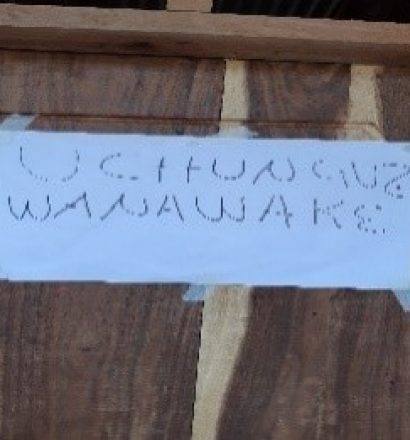
First skin camps in Tanzania
On 22nd July 2020 Tanzania started conducting skin camps in alignment with the national COVID-19 measures, taking COVID-19 precautions including: wearing face masks, enabling hand washing, working in time slots and promoting physical distancing. The first three camps were set up to identify challenges and train the teams on conducting skin camps. To ensure the 20-target households around the index patient were included, those households received an official invitation. Other community members who did visit the camps, were also admitted in the skin camp to be screened for leprosy and other skin diseases.
The several steps in the skin camp procedure were divided over “stations”, each with their own purpose, such as hand washing, requesting informed consent, skin screening and filling out the registration forms. At the final station the contact receives SDR-PEP when eligible. Participants diagnosed with other skin conditions are given prescribed medicine when available.
Contact screening is performed in a building offered by the local authority or otherwise in a tent. Participants who have other medical problems that cannot be managed at the camp site are referred to the dermatologist at the skin camp site or to the nearest health facility for further management.
In total, 1,144 contacts were screened and 1,028 of them received SDR-PEP. During the skin camps, five new leprosy patients were identified and referred to receive treatment. In addition, 259 people were diagnosed with other skin diseases for which they either received treatment or were referred for specialised care.
All of the activities were performed in good cooperation with the community leaders and community members.
A big compliment to the Tanzanian PEP4LEP team for organizing the first skin camps of the PEP4LEP project, while taking COVID-19 measures into account.
PEP4LEP publications
During the past two years a lot of important preparatory work has been conducted and relevant, baseline data was collected. As PEP4LEP is a research project, scientific publications are part of the project’s output and donor deliverables.
During the coming months several publications are expected:
- The PEP4LEP study protocol was rewritten into a manuscript for publication, describing the purpose and methodology of the study. It will be submitted to BMJ Open. This is an important (and first) publication that will be referred to in other publications that will result from the study.
- A manuscript on the case detection delay questionnaire is currently under development. This includes validation data from all three countries. A report on a study in Ethiopia will also be submitted separately.
- The PhD students in each of the countries have been working on a baseline manuscript for the case detection delay and collected other data on leprosy. Three separate baseline manuscripts are in preparation.
PEP4LEP research assistants
Since 5 months, all three PEP4LEP countries have a research assistant (RA) working on the project, we are proud to shortly introduce the most recently hired RA to you: Yuki Stakteas.

What inspires me in my work is the possibility of learning continuously about research and being able to contribute positively to the production of evidence-based knowledge about leprosy and other neglected tropical diseases. During my medical course, very little was explained about leprosy, as if it was just a simple disease. Now I work at NLR, I learned more about it, things I never knew. I had the opportunity to get to know people affected by leprosy, to talk to them, to learn about their struggles, difficulties, and their dreams. I also had the opportunity to listen to stories of people affected overcoming challenges, thanks to early diagnosis and treatment. To know that the PEP4LEP project can do for people is what inspires me the most.
Unfortunately, because of the pandemic that has affected the world, and Mozambique in particular, since March (the month in which I was hired), I did not have many field experiences for PEP4LEP yet, but of the few I had, the training of trainers was the most interesting.That is when my true learning about leprosy started. Also, I had the opportunity to meet my colleagues from Holland, sharing experiences between countries is what made this even more interesting for me.

Rifampicin
After GLRA IO and NLR IO had been in contact with several companies, they found Novartis able and willing to manufacture and import the rifampicin into the PEP4LEP countries where no loose rifampicin was available yet (Ethiopia and Mozambique). Capsules of 150mg and 300mg will be manufactured for our project. The shipment was delayed slightly due to COVID-19, but the rifampicin is expected half October in Ethiopia and Mozambique. Of course, import permits will be arranged in both countries on national level.
Hello, Goodbye
We are sorry to see our colleague Hashem Alkurish leave the PEP4LEP project team. Hashem worked as one of the financial controllers at DAHW international office and handled all financial aspects for the PEP4LEP project regarding DAHW, Ethiopia and Tanzania. He also worked in close collaboration with the team at NLR IO. He is much appreciated as a person and colleague and we wish him good luck on his new job in Berlin. Thank you, Hashem!
In his place, we welcome Sabine Schöll to the PEP4LEP consortium. Sabine has a wide experience working on many projects from different private and institutional donors. In addition, she is well informed about the arrangements and progress of PEP4LEP. Welcome Sabine!
PEP4LEP Annual meeting 2020
The COVID-19 pandemic still restricts most international travelling. It is therefore, that the PEP4LEP Executive Board has decided that this year’s annual meeting will take place virtually.
This year, the PEP4LEP annual meeting will take place November 3rd and 4th via Zoom. The International Scientific Steering Committee (ISSC) meeting will be planned separately.
